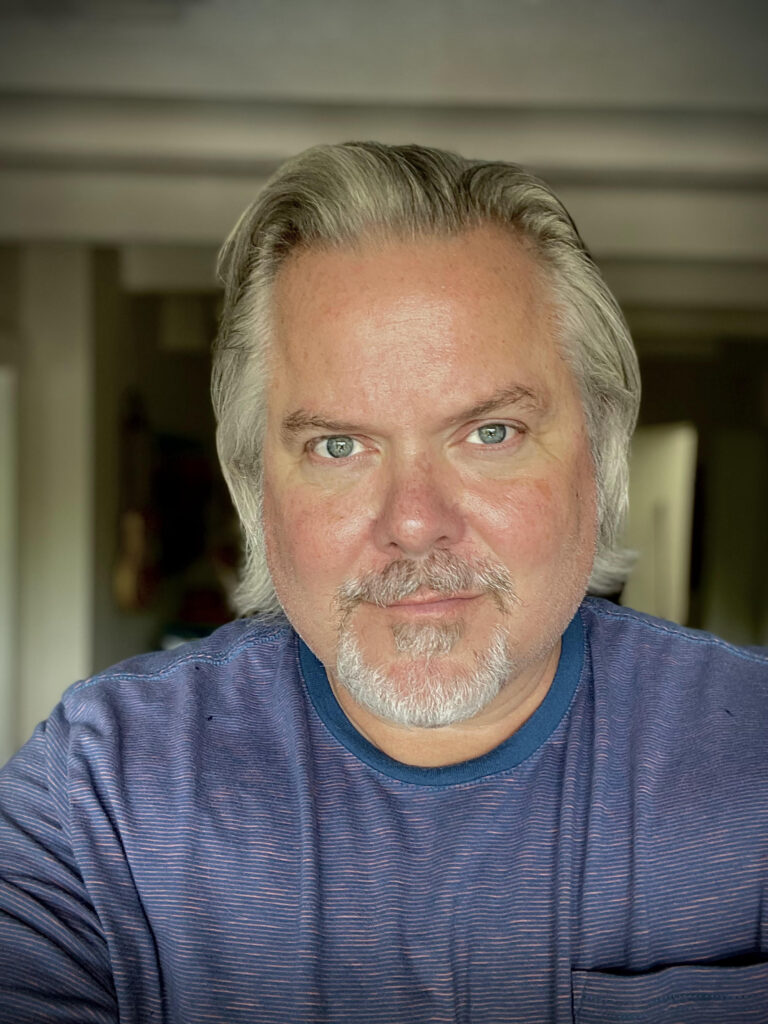Local Course Fosters ‘Dementia-Friendly’ Congregations
Originally published in the Daily Memphian
By David Waters
Published: January 16, 2023
As she moved forward to receive communion, the retired bishop’s wife became more and more confused. The bishop, walking beside her, noticed her distress. He took the piece of bread, dipped it in the cup and gently placed it in his wife’s mouth. On their way home, she began to cry.
“I don’t understand,” she said.
He explained. It was Maundy Thursday. They had received communion. The bread and cup were sacraments to remember Jesus’ Last Supper.
”Who’s Jesus?” Linda Carder said.
The question stunned Rev. Kenneth Carder, a retired United Methodist bishop. It also made him think more deeply about the spiritual and theological implications of Alzheimer’s and other forms of dementia.
Linda Carder died in 2019, a decade after she was diagnosed with frontotemporal dementia, one of a number of diseases of the brain. The progressive, incurable and ultimately fatal disease had become a physical, mental and emotional crisis in their lives. That Maundy Thursday after communion, it also became a spiritual crisis, a crisis of faith.
Linda was a trained Christian educator. She had grown up in the church. The couple had attended thousands of services together and shared communion countless times. Jesus was her rock, her blessed assurance, her salvation.

“What if a person forgets God?” Carder later wrote of the experience. “Can one be a Christian disciple when she has forgotten Jesus? What does it mean to be a part of the church when one can no longer participate? What finally endures when cognitive capacities are lost?”
Those are questions Carder will ask as co-leader of “Dementia Through a Pastoral Theological Lens,” a new course at Memphis Theological Seminary.
The course, co-led by Rev. Johnny Jeffords, is being offered to seminary students as well as clergy and other community members at large, thanks to a reduced rate funded by a grant from the Assisi Foundation. Classes will be held on campus and online from 6-8 p.m. Mondays beginning Jan. 23. The deadline to register is Jan. 20.
The new course fills a concerning and growing need in the rapidly graying church and the wider community, said Peter R. Gathje, the seminary’s vice president of academic affairs.
The median age of church members is 56; for church pastors, it’s 57. That’s a decade older than the median age of the U.S. population. A third of all church members are over 65.
Meanwhile, a new case of dementia is diagnosed on average every minute. One of every 10 adults 65 and older has Alzheimer’s or another form of dementia, according to the Alzheimer’s Association. A third of older adults die with a form of dementia. The number of adults with dementia is expected to more than double by 2050.
“With an aging membership in churches and the broader society, the need for compassionate care for those who have dementia is rapidly increasing,” Gathje said.
“How may this be done by people of faith? How might not only pastors but members of congregations offer care that respects the dignity of persons and also provides for the spiritual and emotional well-being of those being cared for and offering care? How does faith inspire and sustain this care?”

Carder and Jeffords both struggled with those questions during their many years in the pulpit. Jeffords served a number of Memphis-area churches for 33 years before retiring in 2020.
“I didn’t know what to do with members who were suffering from dementia,” said Jeffords, now director of the seminary’s Center for Pastoral Wholeness and Chaplaincy Studies.
“I felt my presence made no difference to them. They did not remember who I was or even that I had been there. I had to look at ministry differently. We are in ministry with dementia patients. It’s a ministry of presence, and their presence with us is just as important as ours with them.”
Several local churches host support groups for Alzheimer’s caregivers, including Covenant United Methodist Church, First Evangelical Church, Germantown Church of Christ and St. Ann Catholic Church. Carder and Jeffords hope the course will encourage local churches to do even more by becoming “dementia-friendly” congregations.
“The initial action in nurturing a dementia-friendly congregation is simply to know those within the community who are living with dementia,” Carder said. “Remembering them as God remembers requires entering their worlds, learning their stories and valuing them as mediators of God’s grace-filled presence.
“Such remembering involves strategies, programs and practices that equip the congregation to fully welcome and incorporate those with Alzheimer’s and related diseases and their families. After a decade’s journey with the forgetting and the forgotten, I am convinced that they are among those who live at the center of God’s presence, memory and mission,” Carder said. “They are integral, therefore, to the church’s nature and mission.”
And now his own.
Carder’s wife was diagnosed with dementia at Duke University Medical Center in 2009. Carder, a Tennessee native, had joined the faculty at Duke Divinity School in 2004.
“My vocation changed from full-time professor to caregiver,” Carder said.
As the bishop watched his wife of more than 50 years slowly fade away — mentally, emotionally, socially and spiritually, it broke his heart and shook his soul. He became more of a parent to Linda than a spouse. Their two daughters became mothers to their mother. They grew as they grieved.
“I wouldn’t wish this journey on anyone,” Carder said. “But I wouldn’t take anything for this journey with Linda. I grew more in my understanding of faith than any other decade in my life.”
On the journey, the bishop began to share his thoughts and experiences as Linda’s caregiver and as chaplain at a nearby memory care facility where Linda lived for a time.
He launched a blog called Shifting Margins. He taught a class at Lutheran Theological Southern Seminary in Columbia, South Carolina, near their home. The class became a book, “Ministry with the Forgotten,” published in September 2019. The book will be the text for the new MTS course.
“As Linda receives my love, expressed in simple acts of cleaning her teeth, caressing her face, holding her hand, brushing her hair, my love expands and together we release into the world more of God’s infinite love,” Carder wrote in his book.
“Although some tasks may become burdensome, Linda is never a burden,” he wrote. “She is a means of grace. Her presence with us in her dependency is teaching us what it means to be a person made in the divine image and loved by God. And she is enabling us to grow more fully in love for God and neighbor.”
Linda Faye Miller Carder died in October 2019. She was 79.
“The book and the course are her ministry as well as mine,” Carder said. “We view dementia so much through a lens of medicine. All our focus is on the symptoms, and all the symptoms are negative.
Therefore, we fear this disease, and there is much about it to fear. But the disease doesn’t destroy who we are or whose we are. People with dementia are both recipients of God’s salvation and contributors to our own wholeness and spiritual growth.”
